Signs Of Pain, Making It Harder For Their Caregivers To Detect And Treat Underlying Health Issues.
🐴 Here are 15 interesting facts about a horse's brain:.
1. A horse’s brain is relatively small compared to the size of its body, and accounts for only about 0.1% of its total weight.
2. Despite their small size, horses have very complex brains, with a highly developed cerebral cortex, the part of the brain responsible for conscious thought, decision-making and memory.
3. Horses can learn and remember complex tasks, such as navigating a jump course or performing a dressage routine, through a process called associate learning.
4. Like humans, horses have a left hemisphere and a right hemisphere in the brain, each with specialized functions. The left hemisphere is responsible for the processing of logical and analytical information, while the right hemisphere is more involved in emotional processing and creative thinking.
5. Horses have a great memory and can remember specific people, places and experiences for many years.
6. Horses can learn by observation, and often they can acquire new behaviors and skills simply by observing other horses or humans.
7. Horses have a very sensitive sense of touch and can detect even the slightest pressure or movement on their skin. This helps them respond to subtle cues from your rider or guide.
8. Horses can process visual information very quickly and accurately, allowing them to avoid potential hazards and navigate their environment with ease.
9. Horses are social animals and rely on nonverbal communication to interact with other horses in their herd. This communication is facilitated by the horse’s brain, which can interpret subtle changes in body language, facial expressions and vocalizations.
10. Ultimately, like all animals, horses have a unique personality and individual traits that are shaped by their experiences, genetics and environment—all of which is reflected in their brain function and behavior.
11. Horses have a very strong sense of smell and their odor bulb, which processes smells, is relatively large compared to other parts of their brain.
12. The brain, which is responsible for coordinating movement and balance, is also relatively large in horses. This is because horses must be able to move quickly and efficiently to escape predators or navigate through difficult terrain.
13. Horses have a very high pain threshold, which is believed to be related to how their brains process pain signals. While this can be beneficial in some situations, it can also mean that horses may not show obvious
Signs Of Pain, Making It Harder For Their Caregivers To Detect And Treat Underlying Health Issues.
14. The hippocampus, a part of the brain involved in learning and memory, is particularly well developed in horses.. This allows them to remember not only specific experiences, but also general concepts and patterns that they can apply to new situations.
15. Finally, studies have shown that horses, like other animals, are capable of experiencing emotions such as fear, happiness, and anger. These emotions are believed to be mediated by the limbic system, a group of interconnected brain structures that play a key role in regulating mood and behavior.
Info: Megan Bolentini Equine Bodywork
www.coltstartingforum.com
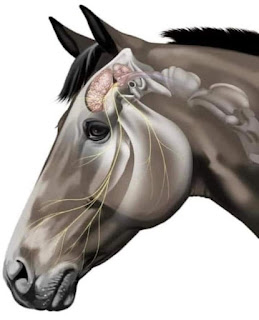

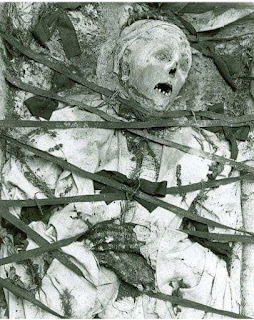
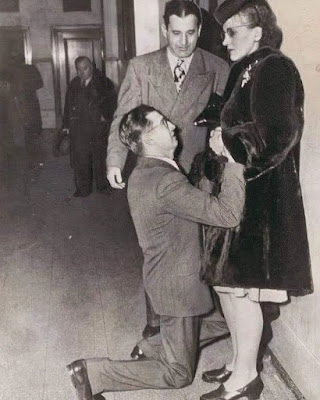
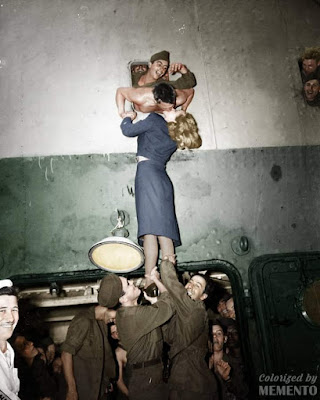
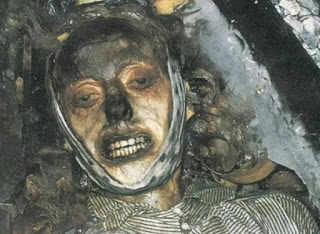


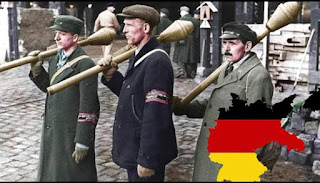
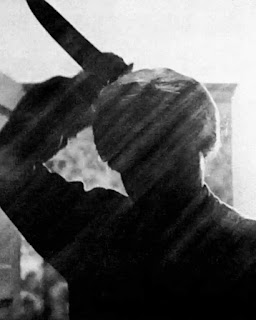

Comments
Post a Comment